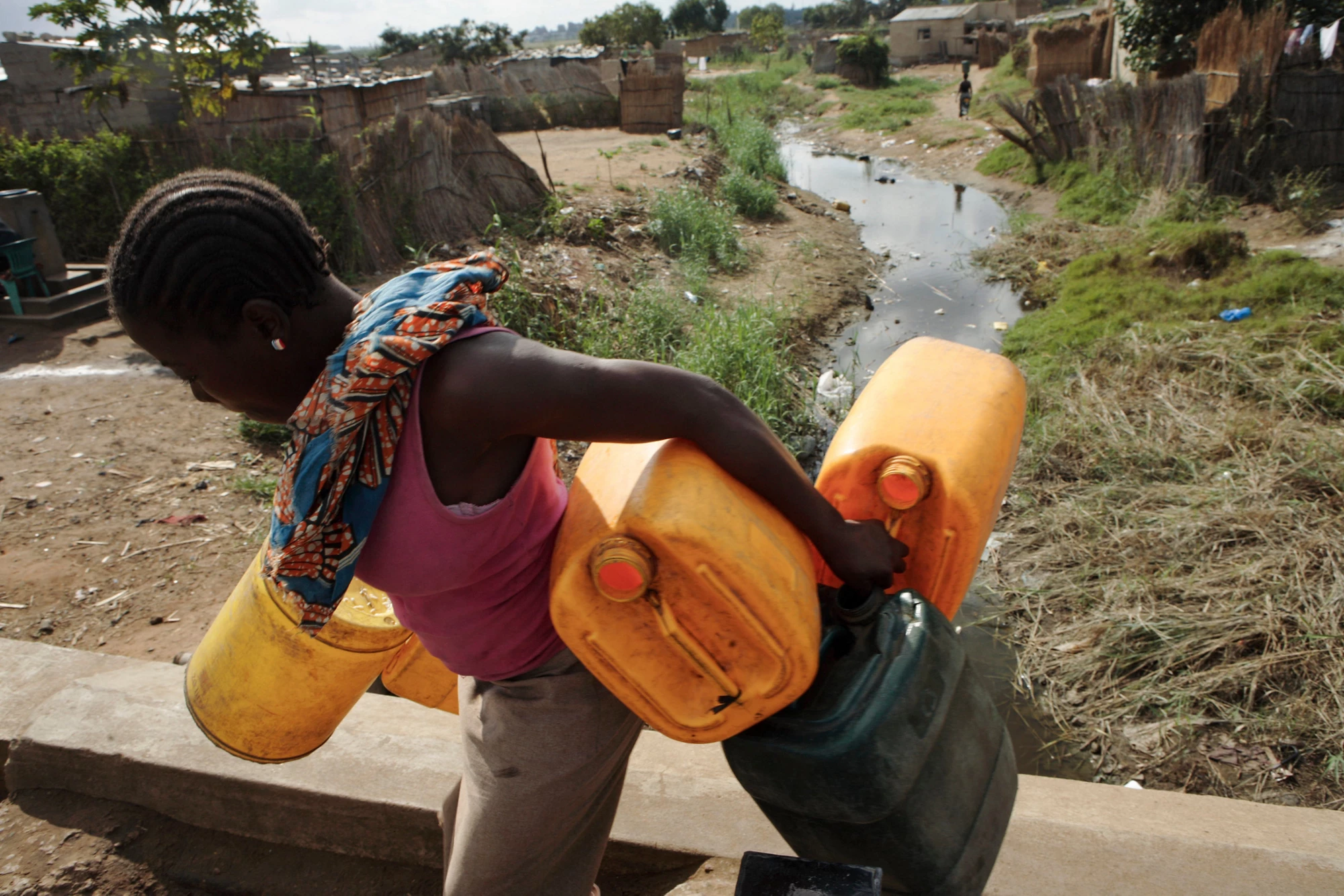This blogpost is part of a series of thematic blogs for the World Bank's Water Supply, Sanitation, and Hygiene (WASH) Poverty Diagnostic.

Addressing gender and sex inequalities in WASH is not only recognized in Sustainable Development Goals (SDGs) 4 and 6, it is central to the entire ambition of the SDGs themselves. Some water, sanitation, and hygiene issues are faced only by women because of their biological sex, whereas others are more influenced by gendered societal norms. To truly leave no one behind, we need to be mindful of and work against gender and sex inequalities in all development work.
New World Bank research is a valuable contribution to doing just that. ‘Reducing Inequalities in Water Supply, Sanitation, and Hygiene in the Era of the Sustainable Development Goals’ reveals that a drastic change is required in the way countries manage resources and provide key services, starting with better targeting to ensure they reach those most in need. In many cases, this means women and girls.
We have looked at how the 18 countries’ diagnostics characterized gender and sex inequalities related to WASH , and draw out examples here. Following a recent World Bank report on water and gender, we similarly note in which stage of a woman’s life inequality begins. We found that:
Where water is not available on premises, females are far more likely globally to bear the burden of collection. In such contexts, they face additional obstacles to participation in schools, workplaces, and other social spaces, and drudgery and physical impact increases. While this tendency is well understood, the country studies offer some updated evidence. For example, in Tajikistan, local leaders and representatives of local government stated that women and children fall ill in winter when they carry heavy buckets of water in the cold. For 78% of households in Tajikistan without water on premises, responsibility for fetching water falls on females (see infographic).
Infographic: 78% of households in Tajikistan without drinking water on premises rely on females for collection .

Starting in school years, lack of menstrual hygiene management (MHM) facilities poses additional obstacles to females' participation. In Panama, this is considered a likely reason behind the finding that girls in sixth grade are between 6 and 10 percentage points more likely to have missed at least one day of school during the past six months, compared to boys of the same age and girls three years younger. In Tajikistan, only 1% of schools have covered bins for disposal of menstrual hygiene waste.
Having babies brings additional health risks to women, exacerbated by low levels of access to WASH. Unhygienic delivery and postnatal care often means illness and death for mothers and children . Mozambique’s country report contextualizes how critical it is that approximately 80 percent of existing health centers lack water or electricity. The Guatemala case study explains how lack of WASH means expectant mothers lack sufficient nutrition. This leads to smaller babies who are more likely to fall sick, contributing to an inter-generational cycle of hardship and poverty. The Bangladesh report explains how diarrhea and other illness among children due to poor WASH also impacts the wellbeing of the caregiver (generally the mother) because of more time-consuming and worrisome care for the children.
These are just some of the insights from the country reports. A number of them are available here. Others will become available soon. Meanwhile, we would be interested to learn if this information is useful to your work, and invite you to check back here for more blogs highlighting thematic threads across the country reports. Please leave any questions or reflections in the comments section below



Join the Conversation
Great Article it its really informative and innovative keep us posted with new updates. its was really valuable. thanks a lot.
Great Article it its really informative and innovative keep us posted with new updates. its was really valuable. thanks a lot. best travel merchant accounts